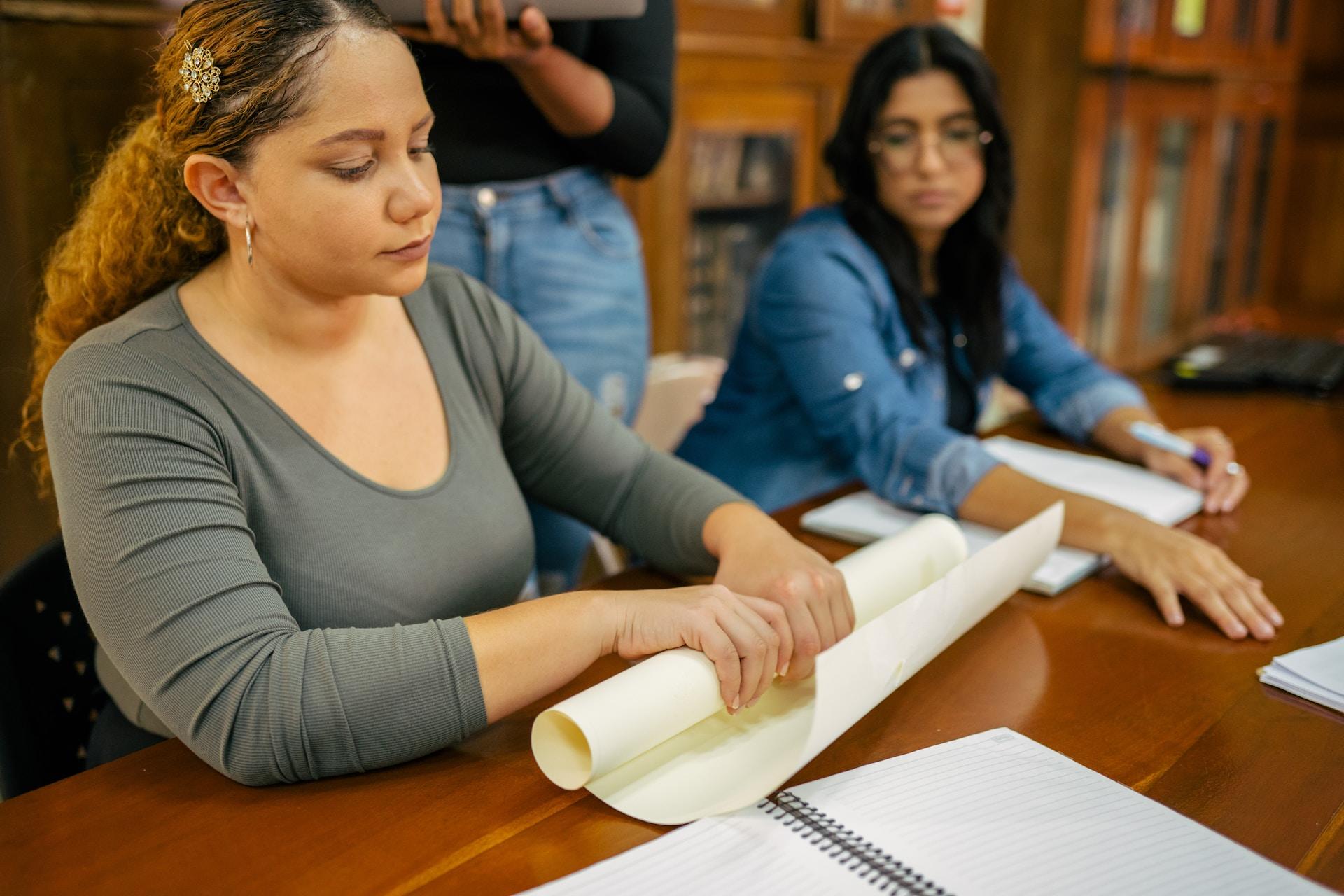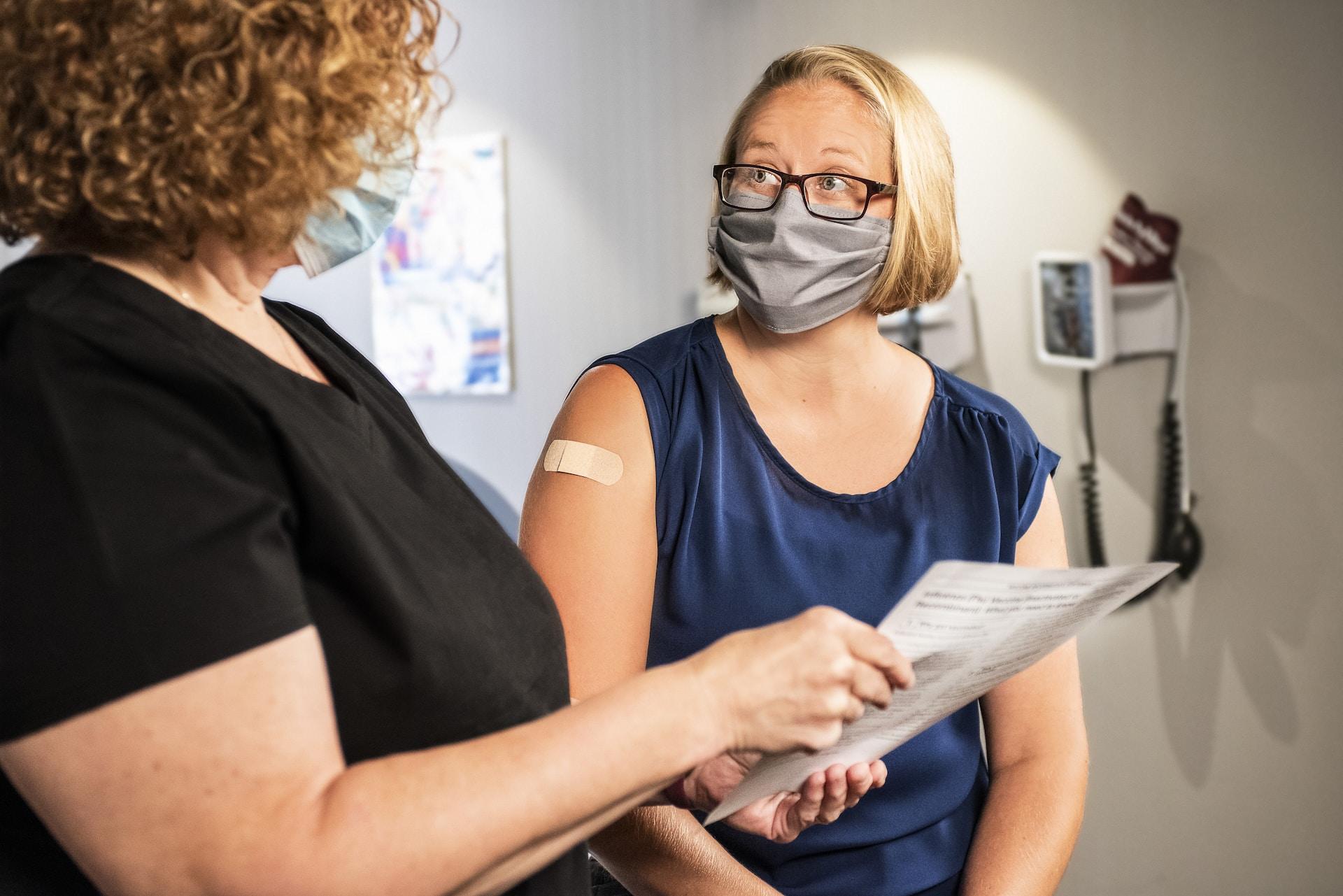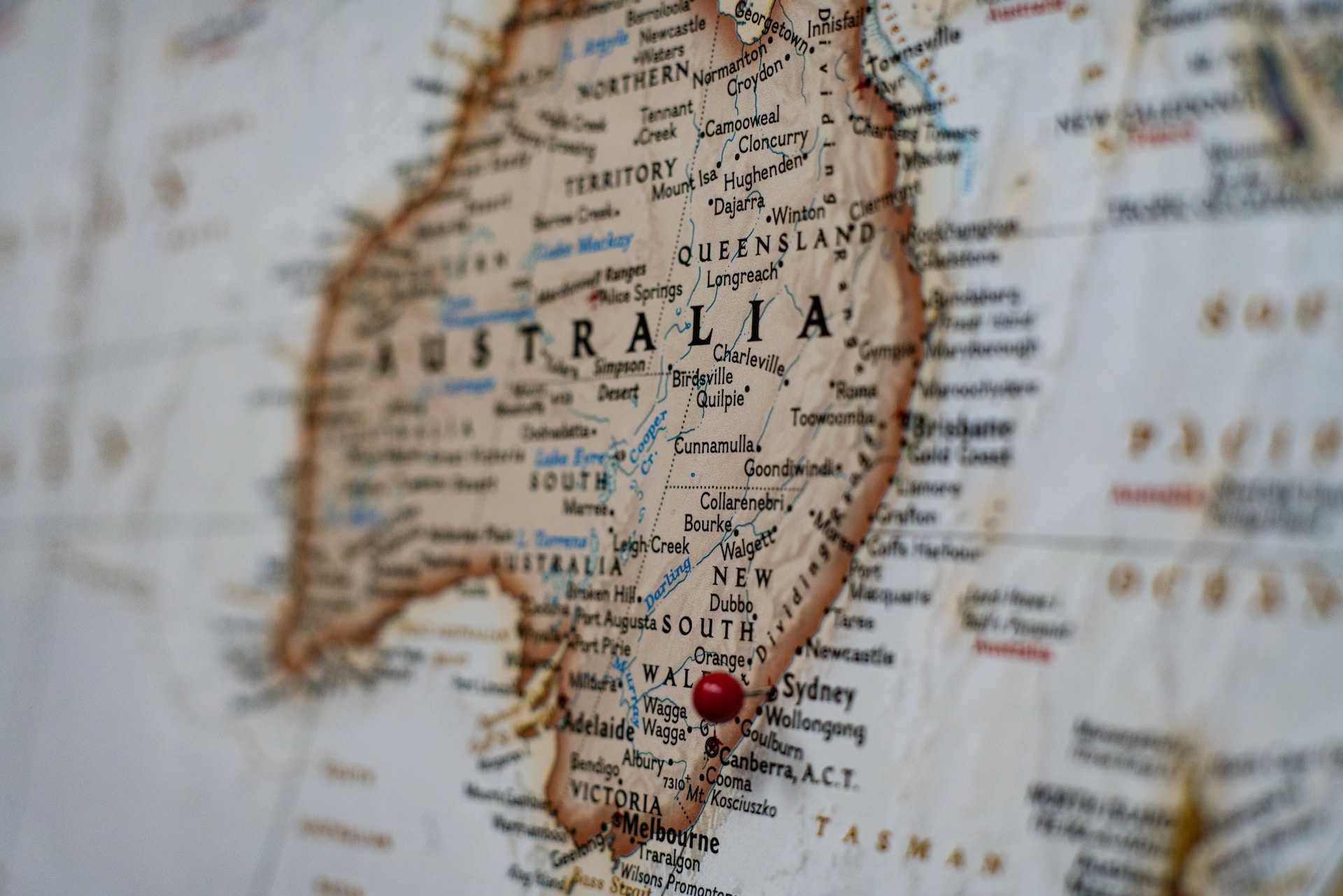Every year, thousands of students leave their homelands to study abroad. And all over the world, universities keen to raise their international profile welcome these learners.
Universities in Australia are no different; our campuses are full of students from around the globe. Some even come here to study medicine.
Why wouldn't they? Australia boasts some of the world's finest medical education and research facilities. The University of New South Wales and the University of Melbourne consistently land in the Top 50 in university rankings.
Keep in mind that 'studying medicine' may mean studying ophthalmology, dentistry or veterinary medicine. Often, these courses are a lot shorter; sometimes they last only two or three years. Their shorter duration means that they cost less and their nature indicates that entry requirements may be lower. For instance, my mate, who is studying dentistry in Poland, will soon wrap up their three-year program with their wallet only a few thousand dollars lighter.
Many of the overseas medical study programs we looked at offered those selections. Some medical faculties abroad are more renowned for their short courses than their Bachelor of Medicine, Bachelor of Surgery (MBBS) programs.
But in this article, we report only on MBBS programs abroad.

The Easiest Country to Become a Doctor
No matter the country, studying medicine won't be easy. Your coursework will be intensive and your clinical rotations will be gruelling. You'll sit difficult exams that you must pass, otherwise, you may not be allowed to continue with your program. And your grade point average (GPA) matters far more when studying medicine than when pursuing any other major.
Where you study medicine could make a difference in how much time it takes for you to become a doctor, though. In Australia, medical students typically spend seven years earning their MBBS.
If they decide to specialise, they will study for a further three years. In the US, it takes 10 years to attain one's MBBS.
By contrast, MBBS programs in India only take four and a half years to complete. You'll learn all of the same information and undergo comparable clinicals, but you'll do so much faster.
You'll not need to take any entrance exams but you will have to prove that you did well in your high school science and maths courses. Tuition fees are low, especially if you enrol with a public university.
In India, the cost of living is low, too. It helps that the Australian dollar has a favourable exchange rate against the rupee. Still, you'll spend less on tuition fees and on essentials while you study medicine as an Australian in India.
We can't say the same for medical courses in Belgium.
This country is the seat of the European Union (EU) central government and home to Western defence alliances. As an EU member country, Belgium is expensive by default.
Luckily, our dollar stands favourably against the Euro, currently at just over 1.5:1. that might not be much of an advantage when balanced against the cost of living in Belgium.
But earning your MBBS in five years might make the expense bearable. And because Belgium is internationally significant, you stand to meet students from many countries.
But Belgium and India aren't the only two countries you'll find it easy to study medicine in. Don't plan your medical studies abroad until you read about all of them.

The Best Country to Become a Doctor
With all that said, we have to add that the easiest country to become a doctor isn't always the best country. Some nations' cultures, landscapes and ways of life might be so different that your sense of dislocation could be quite profound. Indigenous foods might not agree with you and you might have trouble finding fare that suits your stomach.
As an Australian, if you want to study medicine overseas, you have many factors to consider. You must evaluate and decide which country is the best fit for you. But purely from the study perspective, we found that Romania is one of the best countries to study medicine.
Romanian university MBBS programs take six years to complete and entry requirements easy to meet. You only need high marks in high school chemistry, biology and maths. You don't need to supply a Medical Colleges Admission Test (MCAT) result to qualify for entry. Romania has nine universities with medical faculties, all of which teach their programs in English.
Poland runs a close second for the title of the best country to study medicine overseas as an Australian. Polish universities welcome thousands of international students each year. As in Romania, so in Poland: you'll find easy-to-access MBBS programs taught in English. Furthermore, these countries use their own currencies rather than the more expensive Euro.
Exchange rates are favourable for Australians coming to study in these countries, so covering your living expenses won't be so stressful. Tuition fees are low, too. If you're considering studying medicine abroad, you should learn more about these two options.

Costs to Study Medicine Overseas as an Australian
As domestic students, we have it made compared to international students who come to Australia to study medicine. Their tuition may be up to eight times more than what we would pay per year. Students from abroad have access to scholarships and may even qualify for financial aid. But they won't receive any of the concessions that our government affords us.
Knowing that you might think that you'd be subjected to the same conditions if you study medicine overseas as an Australian. To an extent, you'd be right.
For instance, if you set your sights on the US, Canada or the United Kingdom, your tuition fees could exceed $50,000 a year. Those countries are expensive so you'd have to budget for more than if you went to India, Romania or Poland to study.
Germany has some of the world's best medical study programs, and they don't charge any tuition. But earning a place in those schools is hard. First, you have to excel in their Test for Medical Studies. It's as rigorous an entrance exam as our Graduate Medical School Admissions Test (GAMSAT).
Entry into Germany's medical schools is competitive so even if you score well, that's not enough to guarantee you a place. But if you clear that hurdle, you'll submit to multiple mini-interviews. A good performance here may see your application approved. From there, you'll have no tuition worries but the cost of living is very high in that country.
In our assessments, Eastern European and Southeast Asian countries topped the charts of the most affordable medical study locations. In these regions, tuition fees were reasonable and costs of living were low.
And despite not being top destinations for medical studies - the UK, US and Canada hold those spots, their programs are world-class.

Study Medicine Overseas as an Australian: Pros and Cons
You might wonder why any Australian medical student would study medicine overseas, considering how highly rated our medical programs are. That line of thought takes a narrow view of learning.
Studying medicine isn't only about learning anatomy, physiology and studying diseases. It's also about personal growth and developing a wide range of skills, including empathy and communication.
This concept doesn't apply only to future doctors; earning a degree in any subject is about personal growth. That's why universities all over the world cater as much to the student experience as to the learning experience. Societies, student unions and other extracurricular programs are designed to foster personal growth.
That being the case, of all the 'study medicine overseas' requirements, being open to new experiences tops the list. In Australia, everything is familiar but studying abroad opens new worlds. You'll sample different cuisines and dance to different music. You'll meet people from other countries and maybe even learn their languages.
Spending four to eight years outside of your home country will change the way you see Australia. That's both good and bad. On the plus side, you might find your love of Oz runs deeper than you ever thought. With your broader perspective, you may find areas in Australian society and government that you could work to improve.
Beware that your new perspective could also highlight everything Australia lacks. You might turn critical and wish you were in the country you fell in love with while studying. Many who study abroad return home to find that they prefer their host country to their native one. Often, they have trouble adjusting to families' and friends' expectations of sameness.
That's if your overseas experience is mostly positive. If you have a hard time adjusting to everything unfamiliar to you, even your studies will suffer. Let's say you earn your MBBS in Poland or Italy. Even the way they drive - on the right, may unsettle you.
And that's before we get to language barriers and the food culture. As a student thinking about studying medicine overseas, you can't focus on how quickly or cheaply you can earn your degree. You must consider every aspect of your journey, good and bad.
Summarise with AI:




















Do Australian born and educated students to HSC level studying Medicine in Romania, have to sit for exams upon returning to Australia?
Thank you
Sorina
It would be a dream come true to be a doctor and save people’s lives